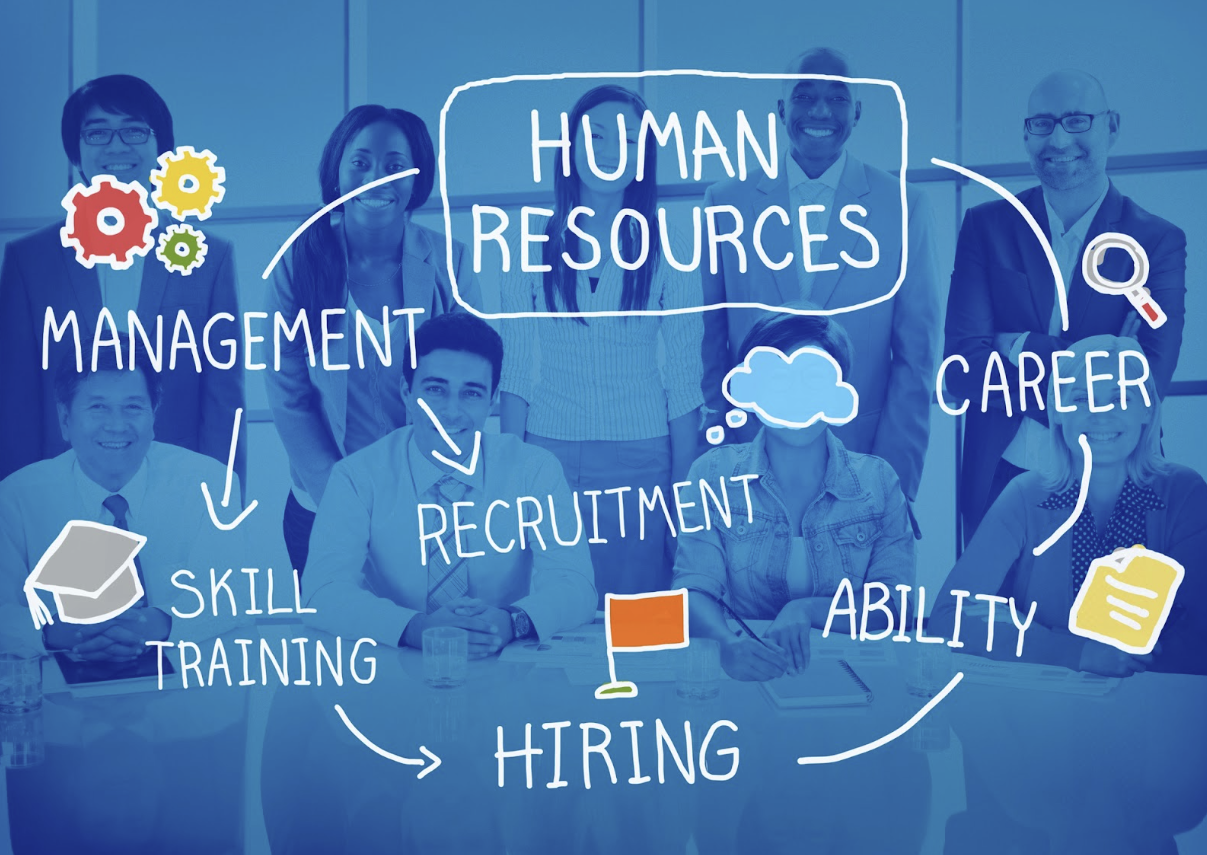Building a Career in HR: Key Strategies for Success
Does helping people resolve workplace conflicts excite you? Do you have a knack for problem-solving? Do you dream of building a successful Human Resources (HR) career but are unsure where to start? Are you a go-getter who isn't content with lingering in neutral?
If you are, and you know you're ready to shift into high gear to achieve your career aspirations, follow along as we explore seven essential strategies guaranteed to help you build a thriving HR career.
1. Work on Essential Skills
A career in HR requires an exceptional blend of technical and soft skills because every company policy and procedure is about helping each team member work at their best. Managing those relationships is the key differentiator between success and failure.
Begin by developing essential skills like good communication, active listening, and clearly expressing yourself. Collectively, we call these skills effective communication; they're your ticket to standing out in a crowded industry, where a single misstep can be costly.
Problem-solving is another core and must-have skill for all HR professionals because working in this department means you'll be no strangers to strangers to conflict - HR professionals are usually at the heart of mediating sticky workplace disputes and finding workable solutions.
Develop savvy negotiation and conflict resolution skills you can use to resolve disputes with a grounded mixture of common sense and creativity. Prepare for every storm possible, and appreciate that smooth sailing seldom makes good sailors.
2. Pursuing Relevant Education
Since you're probably determined to tick all the boxes and increase your corporate value, enroll in relevant higher education programs like a degree in human resource management from a reputable institution. Such programs will give you the practical expertise to thrive in human resources.
For example, depending on the institution running it, you can expect a degree in human resources to teach you applicable things about employee relations, labor laws, strategic HR management, and other key skills that can prepare you for on-job duties and responsibilities.
3. Network, Build Connections and Find Mentorship
Who you know can be just as important as what you know. Whether the options are a workshop to learn from the best or a networking event to connect with like-minded professionals, always keep an eye out for the next great network-building opportunity.
As you do this, remember that professional networking is like a slow-cooked recipe: you put in the effort, let it simmer and cook, and suddenly, you are reaping delicious rewards.
Additionally, research and identify a mentor whose goals align with yours. For example, forge a bond with an HR mentor who can share hard-won experience and strategic know-how to inform your decisions. Mentorship will help you sidestep common rookie mistakes and amplify your strengths.
4. Embrace Continuous Learning
Expand your professional horizons by dedicating time to growth and self-discovery. This mindset will propel you forward and leave mediocrity biting the curb in 4K ultra HD. Whether it's a conference keynote or a quick tutorial, remember that knowledge is power, so always make time for learning and growth.
On top of your day job, always research the industry and gobble up leadership tomes and HR magazines as if they're going out of style. The more you learn, the more resilient you will become, and with every additional skill, your confidence will soar.
5. Gain Practical Experience
Since practical experience is invaluable, look for internships and entry-level HR positions.
Landing an internship at a mid-sized company is a great way to build key skills like recruitment and employee onboarding. It's like learning to ride a bike: you can read all about it, but nothing beats the experience of actually doing it.
6. Leverage Technology
With technology playing a progressively vital role in HR, familiarize yourself with the latest HR software and tools.
Use tools like rolling forecasts, intuitive applicant tracking, and HR analytics that paint a clear picture of how to increase employee engagement. Embracing technology is like upgrading from a manual typewriter to a modern laptop: it streamlines processes and makes your job more efficient.
7. Set Goals and Measure Progress
Understand and appreciate the importance of setting clear, achievable career goals. Before you even think about conquering immediate career needs and the bigger 'someday' objectives, be clear about what you want to achieve, including the certification badges you want to earn, the promotional opportunities you intend to take advantage of, and which skills you want to master.
Monitor and measure your progress regularly to ensure you remain on course and can make necessary and timely course corrections.
Lock in on your end goal and break down your plan into actionable bitesize pieces. Breaking big tasks into small, manageable tasks is the most efficient way to fast-track success.
Wrap Up
Successful HR professionals are undyingly willing to learn on the fly. Don't just talk about change; be the change you want to see.
Championing continuous learning, fostering meaningful relationships, and pushing yourself outside your comfort zone can help you forge an authentic, influential, and deeply personal HR career. However, remember that nothing beats taking action, so take action on these strategies today!









